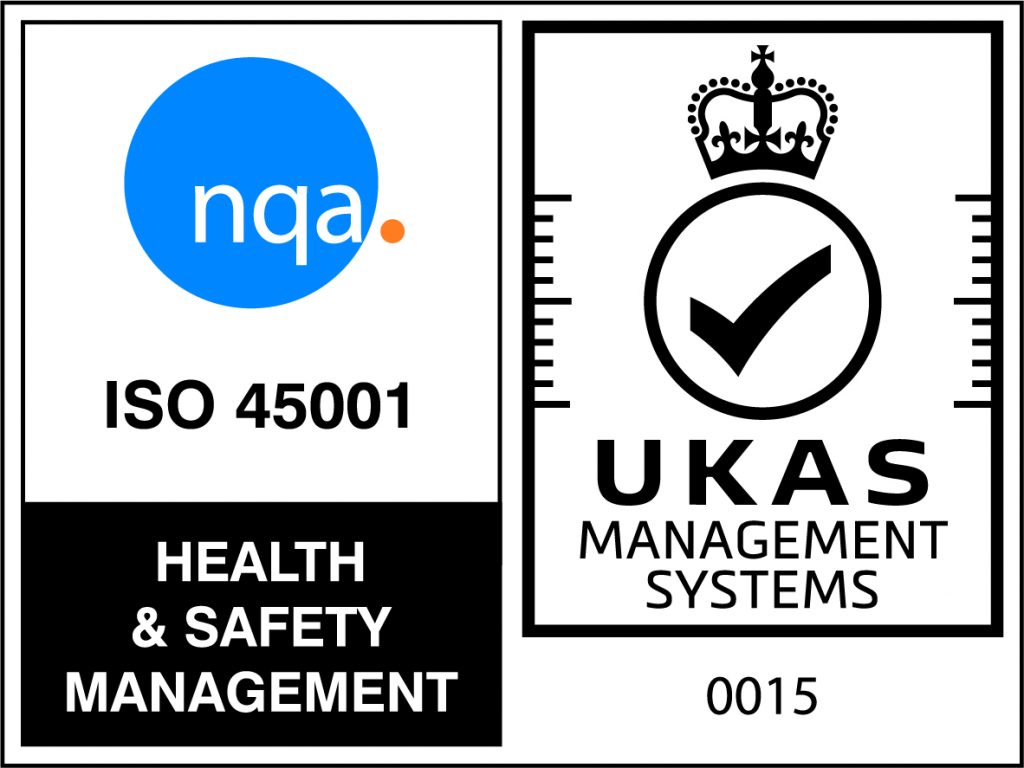Mental health is a neglected topic. The stigma that people cannot speak up, especially within the workplace, continues to grow. Although this has been an ongoing issue for many years, the pandemic has just added fuel to the fire.
Did you know that one in four people will experience mental health problems in any given year? In addition, the World Health Organisation reports that depression is the leading cause of disability.
Yes, depression, anxiety and stress are disabilities.
Everyone has some sort of disability, with some seeming “minor” or less visible than others. However, poor mental health can disable people both physically and mentally, causing musculoskeletal injury if not supported and treated. Bad backs and joint pain make up for at least 60% of workplace disability issues and there is strong evidence that mental and physical health are linked.
Mental health problems are estimated to cost employers between £33 – £42 billion a year. That is the equivalent of £1,205 to £1,560 for every employee, not just for those with a condition.
The economic and social cost of mental health in the UK is estimated at £105 billion a year. Let alone the ultimate human cost being the loss of life through suicide.
It’s no wonder these numbers are skyrocketing, as everyone is expected to do more with less.
The result?
It’s become the new norm to overwork, leading people into anxiety, stress and depression. The problem arises when employees find it challenging to communicate this to their managers, resulting in decreased concentration and difficulty managing tasks.
The solution? Good practice.
If employers across all organisations, big or small, make workplace adjustments and wellness a priority throughout their operations and procedures, employers, employees and businesses will become happier and healthier.
Here are some key points on how to promote wellness in the workplace.
- Develop a mental health work plan
Formulate a line of procedures and standards to help managers identify, manage and overcome mental health situations within the workplace. A mental health and wellbeing strategy needs to be put in place, and our coaching service develops a bespoke strategy that best matches specific needs.
This will keep a routine going to ensure wellbeing is a top priority.
- Discuss Mental Health
Employers and managers need to open up the conversation about mental health in the workplace.
This common stigma needs to change. You don’t make people feel worse off by speaking about it. Instead, you’re opening up an invitation for discussion to seek help sooner before them having to take a sick day or becoming even more stressed.
Having your business leaders speak out will erase the stigma and present more respect and understanding in the workplace. Everything is driven from the top, so if the core exec’s speak out, it breeds confidence within the teams. More importantly, it will help employers and employees take the appropriate action to help themselves feel better, avoid productivity loss and poor mental health, and achieve desired wellness in the workplace.
- Implement Wellness Training
Only 24% of managers have received training on mental health in the UK.
The leaders within your organisation will benefit by understanding mental health and wellness best practices in the workplace. Being able to spot the signs and symptoms of mental health goes a long way in their prevention.
Learning how to approach the situation, such as what to say, what not to say, and most importantly, listening and engaging in a supportive conversation to provide the next steps forward tailored to each employee.
- Provide Good Working Conditions
Creating a supportive and positive environment will make any workplace pleasant for both employers and employees.
Our recent study with the Business Disability Forum 2020 shows that 80% of employees said their adjustments have helped them stay in their job and be more productive.
By understanding mental health and other disabilities through discussion, you can design your business to be more inclusive to promote a desirable working condition for all.
Additionally, providing employees with health checks, nutritional and exercise advice will help them understand how they can promote wellness, which can assist people who may not be comfortable to reach out!
- Offer Support
Provide employees with additional support to help with mental health disabilities.
Allowing your employees to seek medical attention is a step in the right direction but offering them medical support is even better.
Seeking help such as therapy through the NHS will take up to about eight weeks at a minimum. It may seem like a high cost, but it’s not as expensive as an absent or disengaged employee.
According to the “Thriving at work” study, 2017, only 4 in 10 organisations (39%) have policies or systems in place to support their employees with their mental health.
Most of the time, employers don’t speak about mental health until it becomes serious.
At Microlink, we want to eliminate the stigma, reduce the UK population’s mental health cases, and support those who need it to improve wellness and productivity in the workplace. This is why we offer mental health coach services to help employers develop strategies to manage, develop and enhance their well-being at work.
Last week The Valuable 500 reached a massive milestone of signing up 500 CEOs and their companies, who have committed to working together to create an inclusive and accessible society for the 1.3 billion people living with disabilities.
“Virtually everyone is capable of doing everything with the right tools and aids”, said Dr Nasser Siabi, CEO of Microlink


 Back to News
Back to News

















